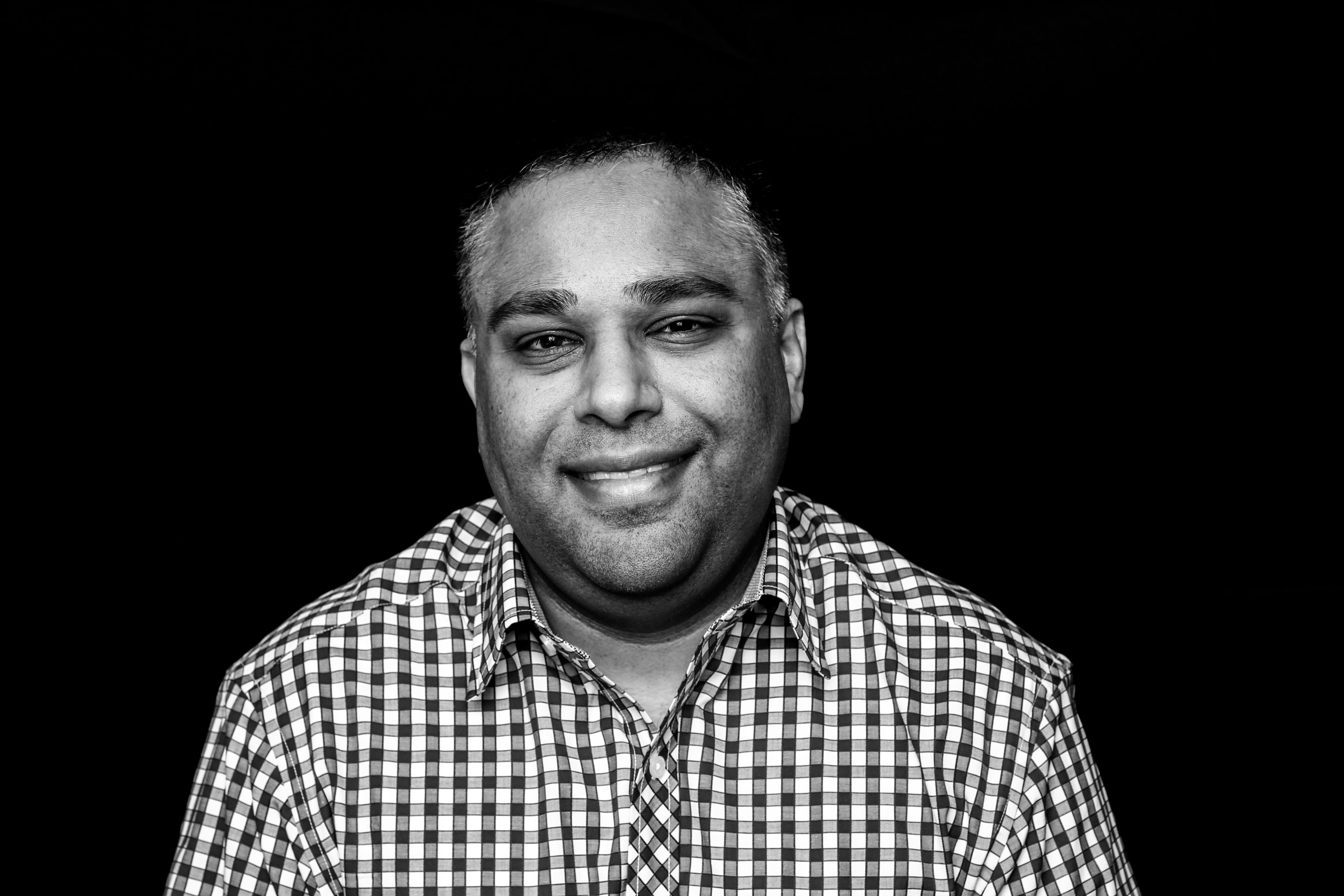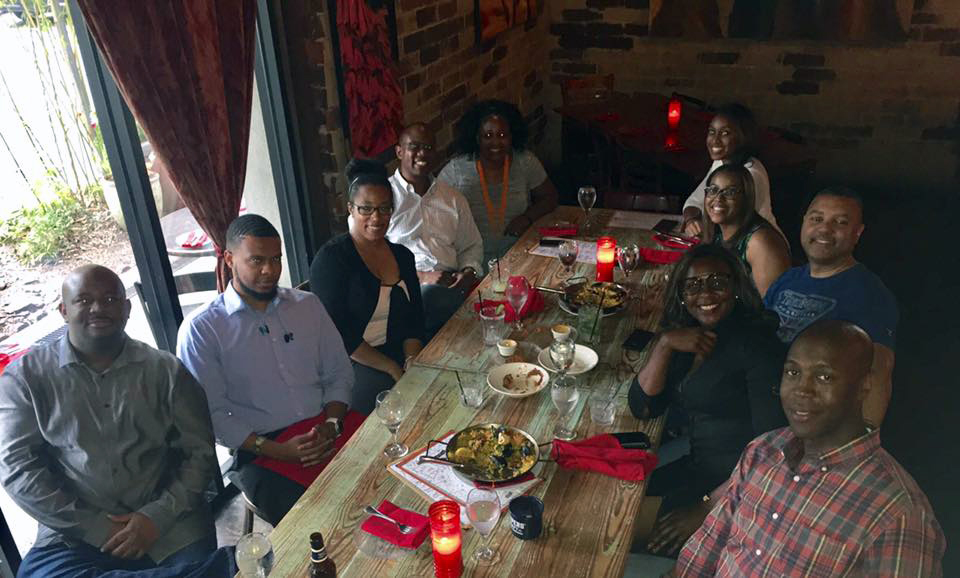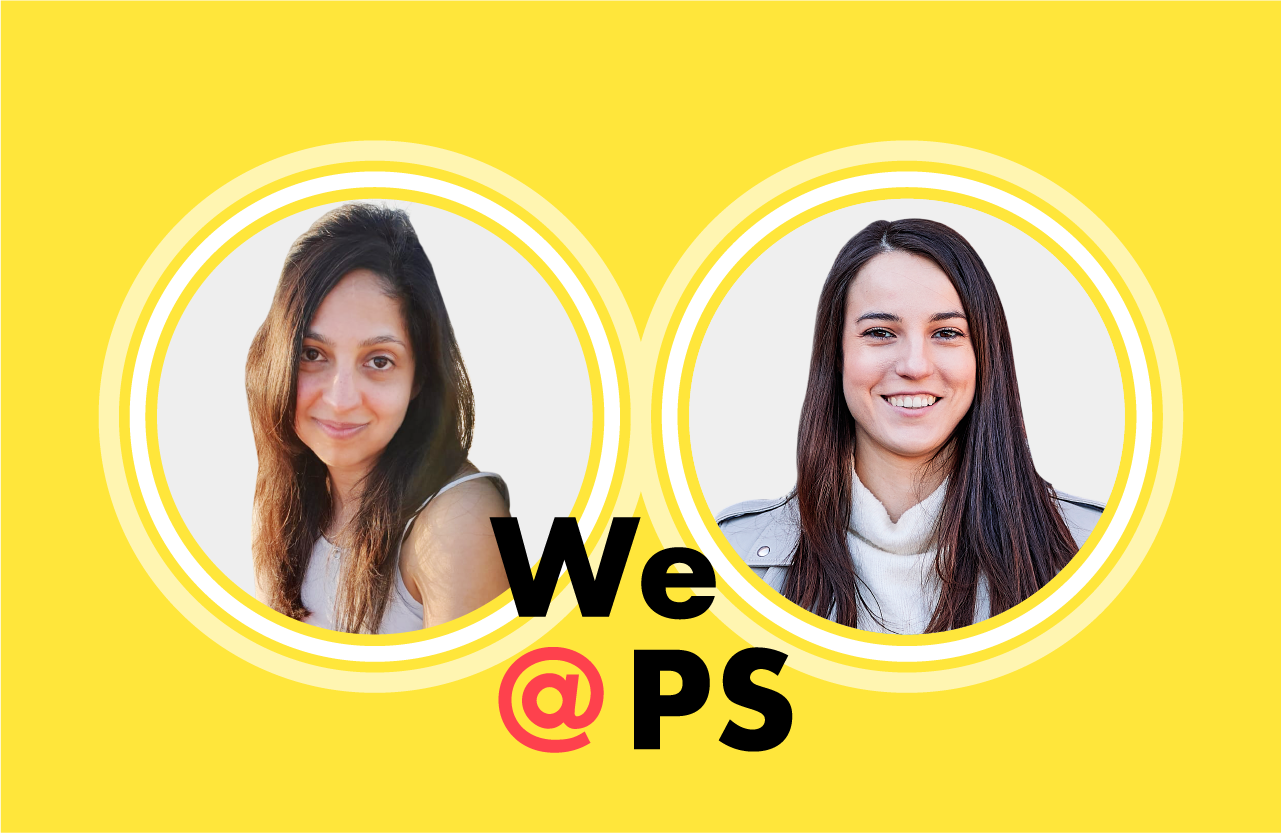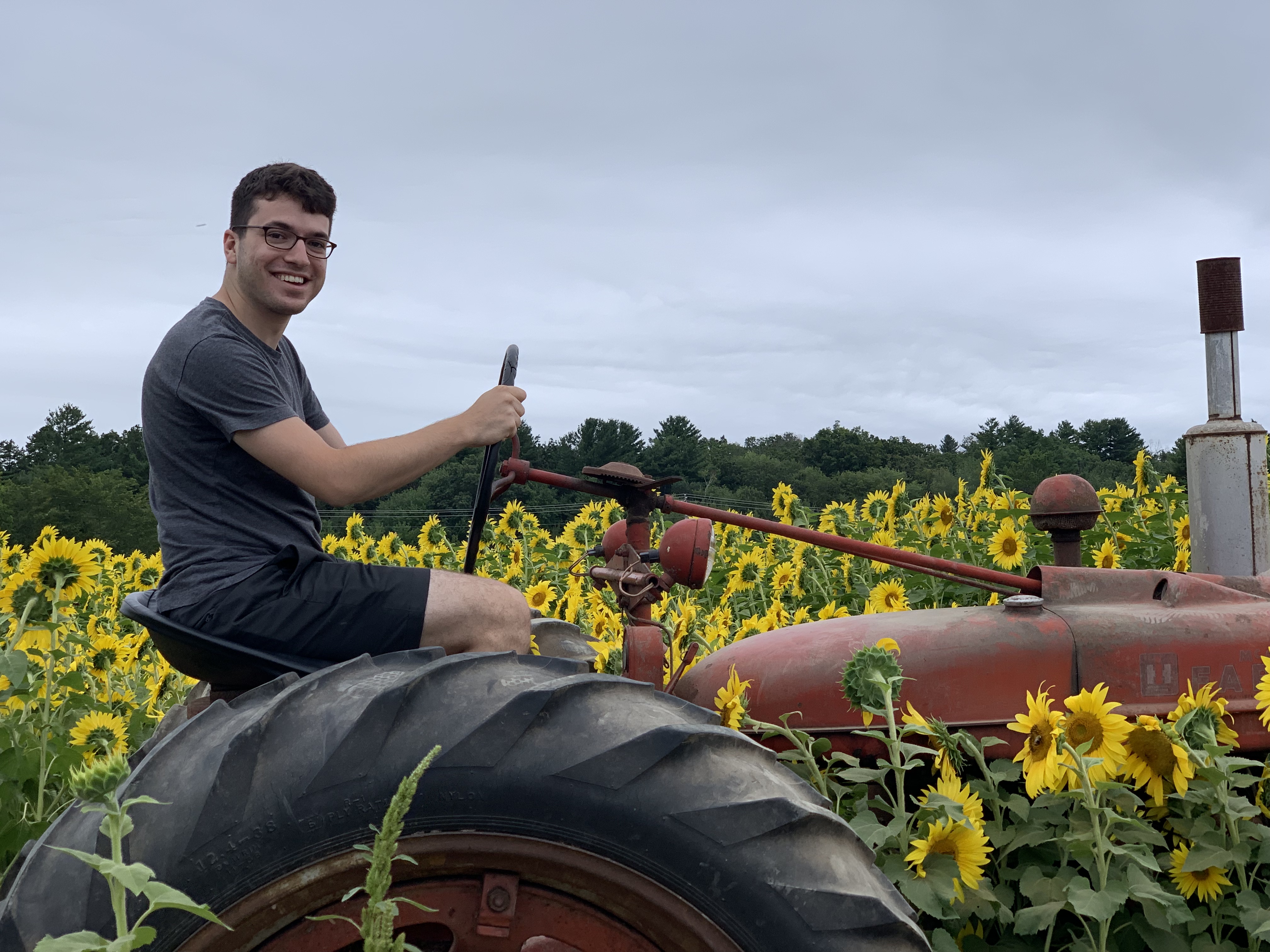When & why did you start at Publicis Sapient?
I joined Sapient Corporation, as it was at the time, in August 1995.
There was no official application process, but what happened was I went to school at MIT and Sapient was based right off the campus at the time. I was part of a group of students at MIT who helped run the student software network – managing the software available to students, researching new software for new technologies on this thing called the ‘internet’. We had to make a decision to purchase some software and one we picked was this software called “Mosaic,” which was the very first web browser. One of my friends who was working at Sapient told me about an opportunity to come in and talk to engineers about web technology, due to my background and knowledge in the area.
So I put on a dress shirt, the one tie I had, and gave them a two-hour presentation about the browser and HTML. At the end of the presentation, the VP approached me to see if I was interested in an internship or working part time. I said sure. So he said great, but you’re going to need a suit and a white shirt, so let me see what hiring can do for you. He came back with the head of hiring who had an offer letter and a gift certificate in his hands so I could go get my first suit, shoes, everything! It used to be that you’d get a $250 gift card back then to help with this -- he gave me two and said, “You start Monday!”
I bought my suits, shirts, and ties and I was ready. I structured my classes so I had classes in the morning, labs in the evening, and in between, I’d go to work at Sapient and meet with clients. The first thing we sold from a web perspective was with National Geographic as we were helping them with their web design. We went on to help Wells Fargo build the first online banking capability in the United States. It wasn’t a regular three-month internship it was a ‘come in and help us build this web practice’ which started out as just two of us and grew to become 20+ people.
What has your journey entailed? Tell me about your career journey
I was employed officially as an ‘intern’ in 1995 and worked flexibily, similar to how we work today. I graduated in 1997 from MIT and my interview process for my full-time position was with Stuart Moore, one of the two CEOs/co-founders, who pulled me aside right before I was about to graduate and encouraged me to go and interview with everyone and anyone. He then said bring me all your offer letters and I’ll beat the best one. That’s your interview process. I know you, I know the value you bring to us but you need to know the value that you’re worth in the market. You need to know your value. He then said if you find a place that is a better fit for you than Sapient then by all means I support that. I did just that and walked into Stuart and Jerry’s [Greenberg, the other co-CEO/co-founder] office with 15 offer letters and the best one of those at the top of the pile. Jerry’s first question was ‘why is the first offer the best offer?’ and I told him it was the most money. He said are you judging the best place for you to work as the one that’s paying you the most money? I was floored by the question but told him that the company would support my career path, they have a similar culture and values to Sapient which I value and are important to me and they just happen to be paying the most. In that instance, they handed me a napkin with a better offer and had hiring present me with an offer letter except for this time they didn’t give me the gift card!
In 1998, we went all web. From 1991 to 1998 we had been primarily client-server focused but our founders realized the future of the technology world is going to be in using web technologies. So they changed the entire organization. From there on I became a technology strategist, then became a business strategist, then a client executive, to where I am today as a business lead in the organization.
Our values have evolved but been a consistent foundation. If you were to take a Publicis Sapient person today and invent a time machine and send them back 25 years, the colors would be different and on the surface, things might look different, but everything would be the same underneath. Our values work to unite our people under a common purpose and bring us together. We have changed the words over time, but the fundamentals of the values and the DNA of the company have stayed true from the beginning.
What has kept you at PS for this long?
FirstIy, I can see the impact of the work that I do and have done, through my career, I can point a direct line from conversations I have had, decisions I have made, code I have written, to things that have happened, projects that have launched, and new strategies. That’s pretty amazing. I can say ‘that is the impact I have had in the world’. Being able to say this is certainly part of it.
The second part is the people aspect. Not just the values, but the investment in me by my mentors and as I’ve grown, the investment as a mentor I have made into other people. You get a sense of accomplishment when someone you have invested in does great things. It doesn’t take away from the things that they did, but you feel pride in helping grow that person. That constant sense of learning, growing and helping others. I constantly feel that opportunity.





